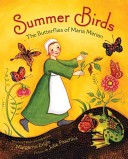
This book documents the work of a young girl, Maria Merian, who lived during the Middle Ages and disproved the theory of spontaneous generation by observing caterpillars as they spun cocoons and emerged as butterflies and moths in the spring.

This book documents the work of a young girl, Maria Merian, who lived during the Middle Ages and disproved the theory of spontaneous generation by observing caterpillars as they spun cocoons and emerged as butterflies and moths in the spring.
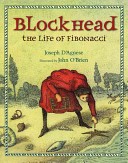
A biography of Leonardo Fibonacci, the 12th century mathematician who discovered the numerical sequence named for him.
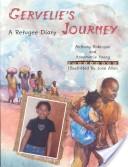
When Gervelie was born in 1995 in the Republic of Congo, her mother and father had a nice house in a suburb of Brazzaville. When fighting broke out two years later, her father’s political connections put the family in grave danger and they were forced to flee. Gervelie’s Journey follows the family from Congo to the Ivory Coast, and then to Ghana, across Europe, and finally to England. Told in Gervelie’s own voice and using her own photographs, it depicts with grace and sensitivity their long journey, their life in a new country, and their hopes for the future.
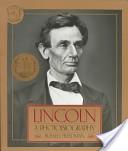
A description of the boyhood, marriage, and young professional life of Abraham Lincoln includes his presidential years and also reflects on the latest scholarly thoughts about our Civil War president.
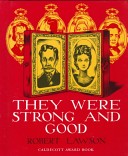
Awarded the Caldecott Medal in 1941, They Were Strong and Good is a classic book that follows the path of one family’s journey through American history. Robert Lawson introduces us to his forefathers and with them we brave Caribbean storms, travel to the wharf markets of New York, and fight in the Civil War. Amidst these adventures Lawson’s grandparents meet, marry, and raise a family, and later his parents follow the same cycle of life. But this book is more than just the story of one family, it’s a social history of our country.
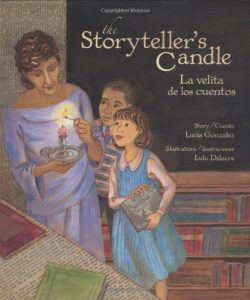 It is the winter of 1929, and cousins Hildamar and Santiago have just moved to enormous, chilly New York from their native Puerto Rico. As Three Kings’ Day approaches, Hildamar and Santiago mourn the loss of their sunny home and wonder about their future in their adopted city. But when a storyteller and librarian named Pura Belpré arrives in their classroom, the children begin to understand just what a library can mean to a community. In this fitting tribute to a remarkable woman, Lucía González and Lulu Delacre have captured the truly astounding effect that Belpré had on the city of New York.
It is the winter of 1929, and cousins Hildamar and Santiago have just moved to enormous, chilly New York from their native Puerto Rico. As Three Kings’ Day approaches, Hildamar and Santiago mourn the loss of their sunny home and wonder about their future in their adopted city. But when a storyteller and librarian named Pura Belpré arrives in their classroom, the children begin to understand just what a library can mean to a community. In this fitting tribute to a remarkable woman, Lucía González and Lulu Delacre have captured the truly astounding effect that Belpré had on the city of New York.
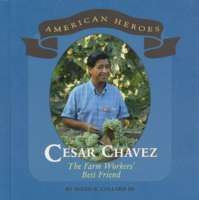
Profiles the Mexican American labor leader who helped create the United Farm Workers union to protect the rights of migrant agricultural laborers.